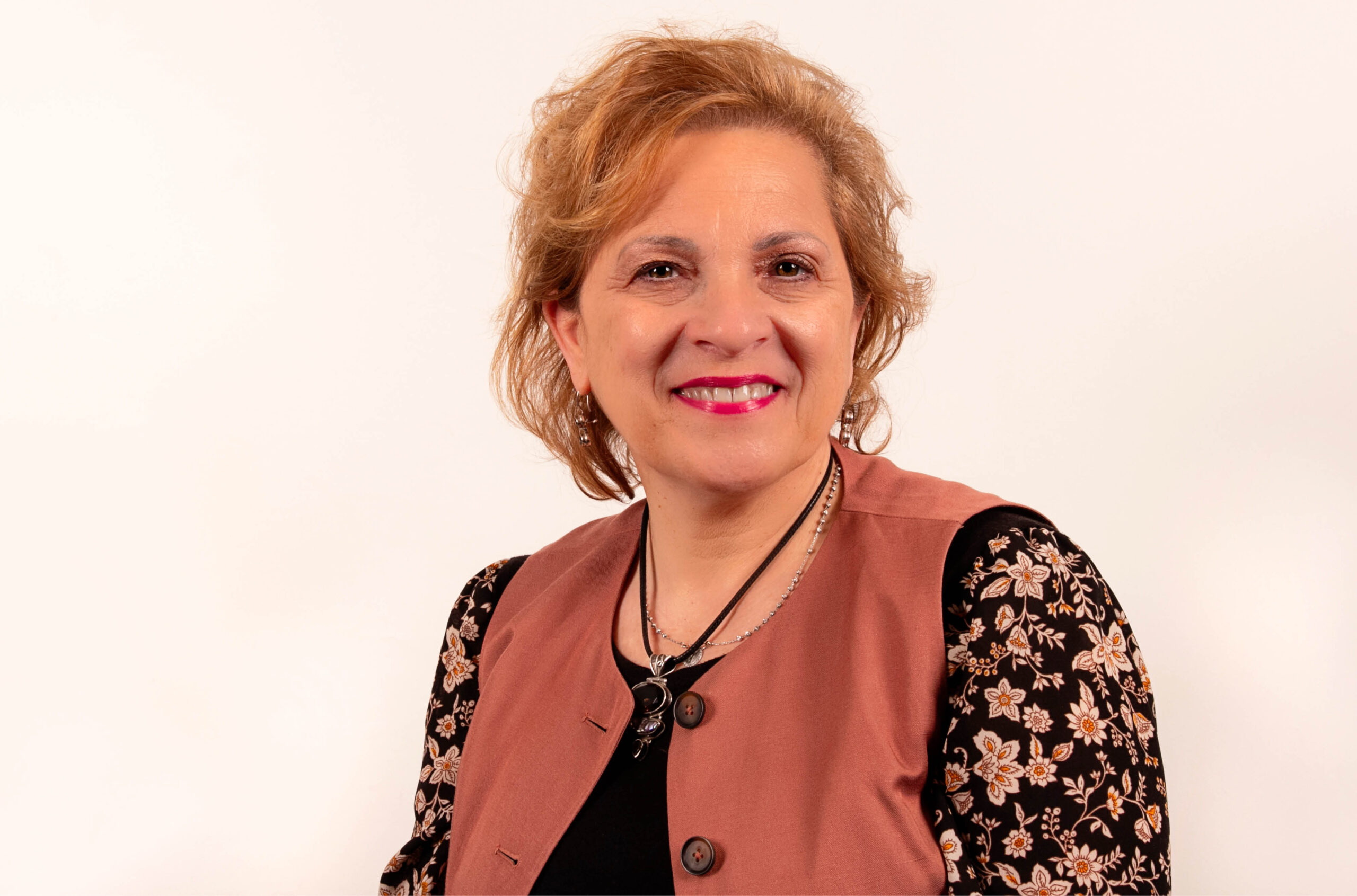Ontario student groups fear fees opt-out policy will reduce quality of campus life
Ancillary fees fund many campus activities, including student clubs, student media, food banks, and equity and peer support services.

Student groups across Ontario have taken to the streets and social media to voice their concerns regarding a new provincial policy that would make certain ancillary fees that students pay –including student union fees – optional rather than mandatory.
Calling it a matter of transparency, Training, Colleges and Universities Minister Merrilee Fullerton announced on January 17 that postsecondary institutions would have to allow students to opt out of non-essential, non-tuition fees starting this fall. Fees related to “health and safety initiatives” and “athletics and recreation” would remain mandatory.
The announcement comes alongside a package of other changes for Ontario colleges and universities, including a province-wide 10-percent tuition cut and a revamp to the Ontario Student Assistance Program.
Some campus organizations say the move to make fees optional will have a devastating impact on services that benefit students. Ancillary fees fund many campus activities, including student clubs, student media, orientation activities, food banks, and equity and peer support services.
“A lot of these fees go towards funding groups that support student life, and they provide opportunities for students to have a holistic postsecondary education,” said Nour Alideeb, chairperson of the Canadian Federation of Students Ontario. “I think it would be a great loss for students to miss out on this because of the opt-out feature.” CFS Ontario receives about $4 in dues per semester from each of its 350,000 student members.
Less funding from student fees could also mean fewer job opportunities, said Jacob Dubé, an Ontario representative of the Canadian University Press. “Not only is it affecting student jobs, it’s also affecting potential experience that would be valuable for students in future jobs,” said Mr. Dubé, who is also the editor in chief of Ryerson University’s student newspaper, which employs around 20 student volunteers.
He said campus newspapers rely heavily on student levies in addition to their advertising revenue. Without knowing how much of a financial cut they might face under the new policy, Mr. Dubé said it’s difficult for student-run media to prepare for the potential impact. “It’s leaving us and other student groups in a position where we can’t really plan. It’s basically, we get what we get, and we have to deal with it,” he said.
That uncertainty is also a concern for student governments as they figure out how to represent students with potentially less staff and funding. “Student governments are the voices of students that speak out to decision-makers,” said Danny Chang, president of the Ontario Undergraduate Student Alliance, which represents eight student associations in the province. “There are so many ways that we represent students and a lot of it is in jeopardy with this announcement.”
While the government gave few details on what will be classified as essential under the new rules, a recent article by The Varsity student newspaper appears to show a leaked presentation by the ministry on the policy’s protocol. Among the services listed as essential are health and counselling, athletics and existing transit passes. The document also indicates that institutions will have to develop their own mechanism to allow students to opt-out of services that don’t fit within any of the categories outlined.
Ideologically motivated
Higher education consultant Alex Usher said it’s clear that money heading to student unions is on the chopping block. “This is ideologically motivated,” said Mr. Usher, president of the Higher Education Strategy Associates. “The government is being quite deliberate in what kinds of services they consider unimportant, and they are setting up a mechanism to defund those services.”
In a fundraising email sent to Progressive Conservative party members on February 11, Premier Doug Ford wrote: “I think we all know what sort of crazy Marxist nonsense student unions get up to. So we fixed that. Student union fees are now [optional].”
While students could save a couple hundred dollars by opting-out, Mr. Usher said less funding for services that create a civil society on campus would harm the nature of the student experience. “Everybody knows that what goes on outside of class is at least as important as what goes on inside of class,” he said. “That’s actually where a lot of the soft-skills development in postsecondary education happens.”
Supporters of student choice argue that students should decide which organizations have access to their money. But Mr. Usher said the reason all students pay fees is so that all students can benefit from at least some services. “That’s why we don’t make taxes optional,” he said.
Ms. Alideeb said groups that serve marginalized communities will likely feel the biggest impact as they struggle to gain support from external groups. “It causes a lot of problems for different players, and overall, I think students will always have the short end of the stick,” she said.
Featured Jobs
- Business – Lecturer or Assistant Professor, 2-year term (Strategic Management) McMaster University
- Education - (2) Assistant or Associate Professors, Teaching Scholars (Educational Leadership)Western University
- Psychology - Assistant Professor (Speech-Language Pathology)University of Victoria
- Canada Excellence Research Chair in Computational Social Science, AI, and Democracy (Associate or Full Professor)McGill University
- Veterinary Medicine - Faculty Position (Large Animal Internal Medicine) University of Saskatchewan















Post a comment
University Affairs moderates all comments according to the following guidelines. If approved, comments generally appear within one business day. We may republish particularly insightful remarks in our print edition or elsewhere.
5 Comments
What is ideologically motivated is the forcing of students to pay fees for things that they don’t support or want to participate in. The campus organizations that oppose the opt-out are insulting the intelligence of students, implying that they cannot decide or know what is good for them. University students are adults who are capable of deciding what is good for them, and like all adults who live in a free society, they deserve the right to pay for and participate in only those things and causes that they choose. They don’t need a nanny student union or other campus organizations that limit their freedom by forcing them what causes they must support with their hard earned money.
From John Doe’s comment: “University students are adults who are capable of deciding what is good for them, and like all adults who live in a free society, they deserve the right to pay for and participate in only those things and causes that they choose.”
From the president of the Higher Education Strategy Associates: “…we don’t make taxes optional.”
Unlike taxes, fees charged by student unions are supported by member referenda — they are even more democratically determined than our taxes. This move by the Ford government is not forcing students to pay for things they don’t want, it is intended to deprive students of things they have collectively decided they want.
Students at the University of Ottawa are forced to pay $622.56 per year ($415.04 for two academic terms) for a transit pass they may not need or want. If you live near campus you still have no choice but to pay this fee. One should be able to opt out of this fee.
I completely agree John. I hated seeing my hard-earned dollars going towards a student union that seemed more intent on protesting about Israel and other international affairs than improving the institute and bettering its employees. Shockingly, the union was headed by a self-professed anarchist and professional protester who made a decent living off of the compulsory dues paid by me and other employees hovering just above the poverty line.
As a Jewish person, being forced to be a part of a union that spent a lot of its time taking part in thinly-veiled Antisemitism was outrageous. Of course it should be voluntary.
As Much as I disagree with most all of Ford’s policies and stances.
Having been a College student in Montreal during the last 2 rounds of student strikes…
I generally agree that Student union participation should be optional.
Working full time and registered as a part time, continuing education student, I was paying tuition out of pocket to further my career and did NOT want to participate in the demonstrations on either occasion.
However because membership was mandatory, Classes were cancelled regardless of how many members of the class were participating or not.
As a result, I estimate I lost thousands of dollars in tuition for classes that I couldn’t go to, because they had been cancelled.
I was never given a choice in the matter. The Unions dues were automatically added to my session fees. and My classes were cancelled without any notice or even so much as a poll to see how many students were participating vs the rest of us who wanted to learn.
AT NO TIME should a student union prevent willing students from getting the education they are paying for! Students should be Free to choose whether they want to participate in a student union and associated strike actions